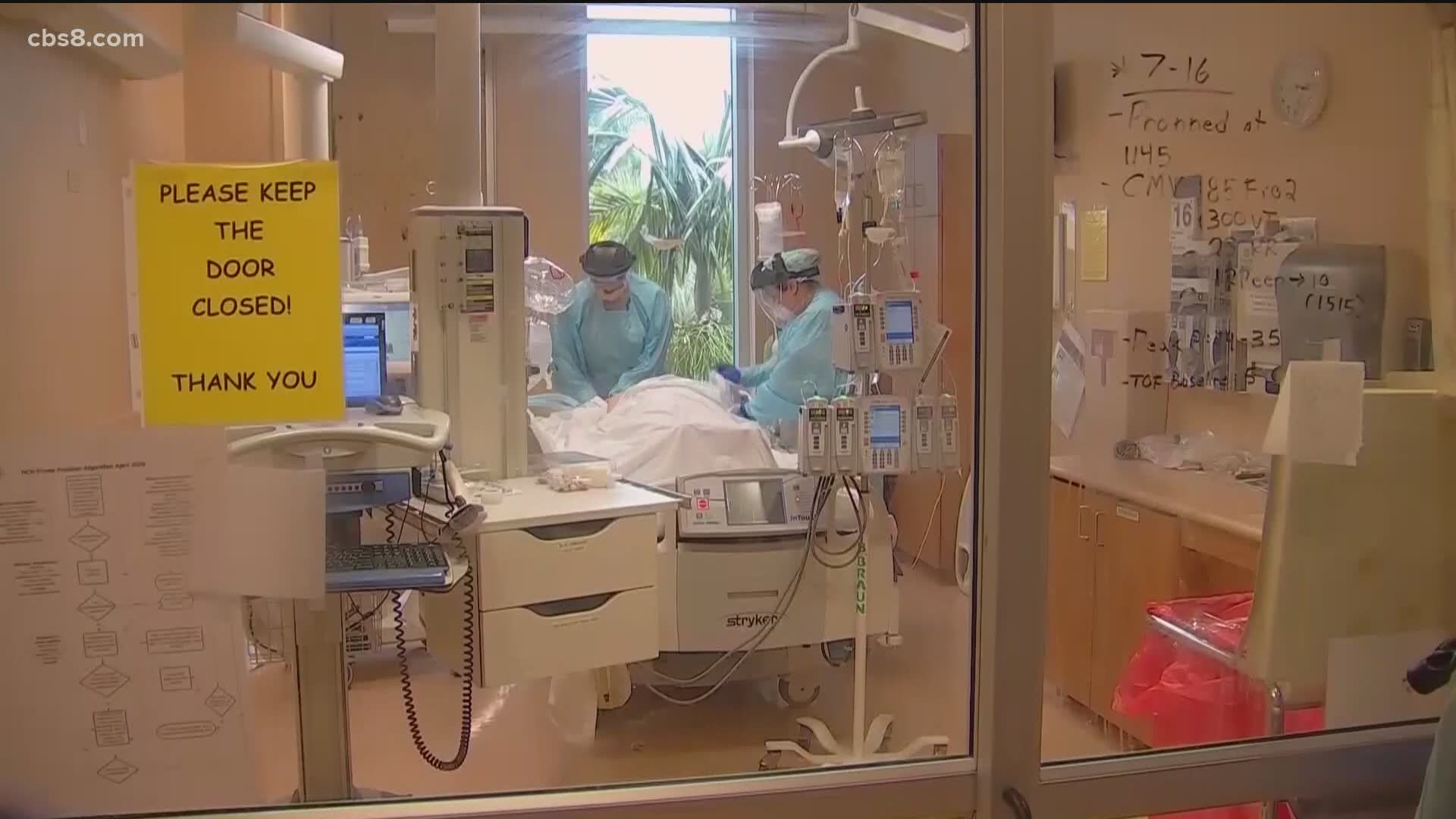SAN DIEGO COUNTY, Calif. — Doctors and hospitals in San Diego and across the country are preparing for the worst and hoping for the best for this year’s flu season amid the coronavirus pandemic. Traditionally, the U.S. could study how the flu affected countries in the Southern Hemisphere, which has an early flu season, for a preview. However, coronavirus precautions, and the varying degree they have been implemented across borders limited research this year.
Both influenza and COVID-19 are respiratory viruses, so precautions such as wearing a face covering, handwashing, and social distancing could help limit the spread of both.
“The precautionary measures that we're taking for COVID-19, I think, will, if everyone does it properly, benefit [us] when it comes to spread of all respiratory diseases,” said Jyotu Sandhu, M.D. with Sharp Rees-Stealy Medical Group. “In a way, it took us COVID-19, something very serious, to really practice the common-sense precautions that we all should be doing, but sometimes forget.”
Doctors strongly recommended the public get a flu vaccine, which can help lessen the severity of symptoms and potentially make it easier to diagnosis patients.
Influenza and COVID-19 both affect the lungs, can cause fevers, fatigue, and body aches.
“If we have flu and we have to do a lot of testing because of the additional presence of flu, that will make it much harder for us to get clarity about who has the coronavirus and who needs to be isolated because the virus,” said Yaneer Bar-Yam with the New England Complex Systems Institute, who helped develop a tiered reopening plan for other countries similar to the one now being used in California.
In previous years, the U.S. has studied the effectiveness of the flu vaccine and prevalent strains of flu in other countries. However, the data has been inconclusive because of various precautions that are being implemented and a reduction of international travel.
“It's really hard to tell what's going on in terms of the global transmission because it's not transmitting through flights in the same way because of all of the precautions that are being taken. So, it’s not at all clear that we should simply look at what’s going on but there is a significant suppression of flu because of the precautions that are being taken around coronavirus,” said Bar-Yam.
Flu vaccines are available from mid-August through the spring. Doctors recommend waiting until the fall to ensure it protects patients through the flu season.
"That is based on the assumption that flu season [peaks] around January or February. That's when we start seeing spikes,” said Sandhu. “There are some people who say that you can lose your antibody protection by January or February when you really need it the most. So, around October tends to be that sweet spot.”

